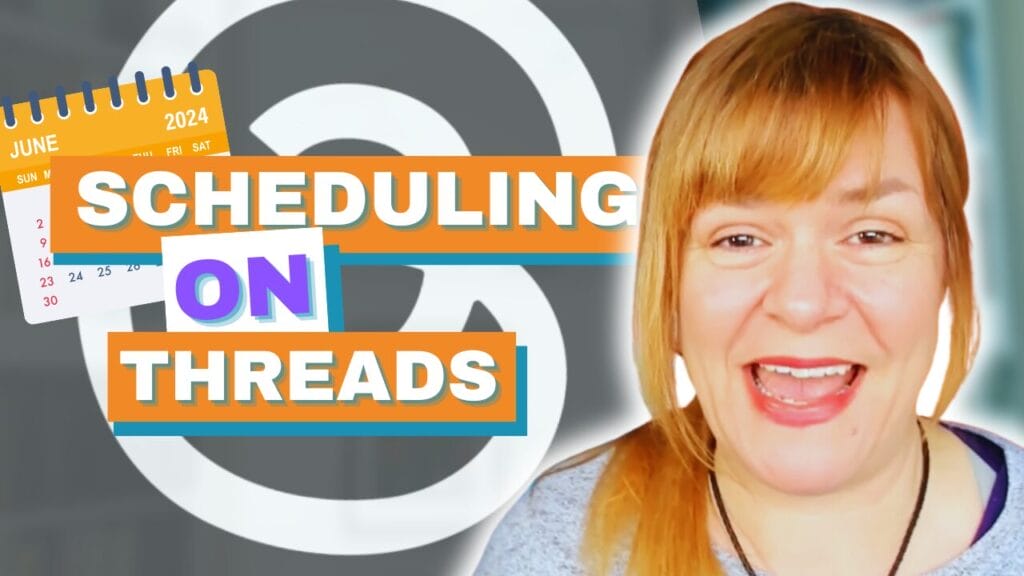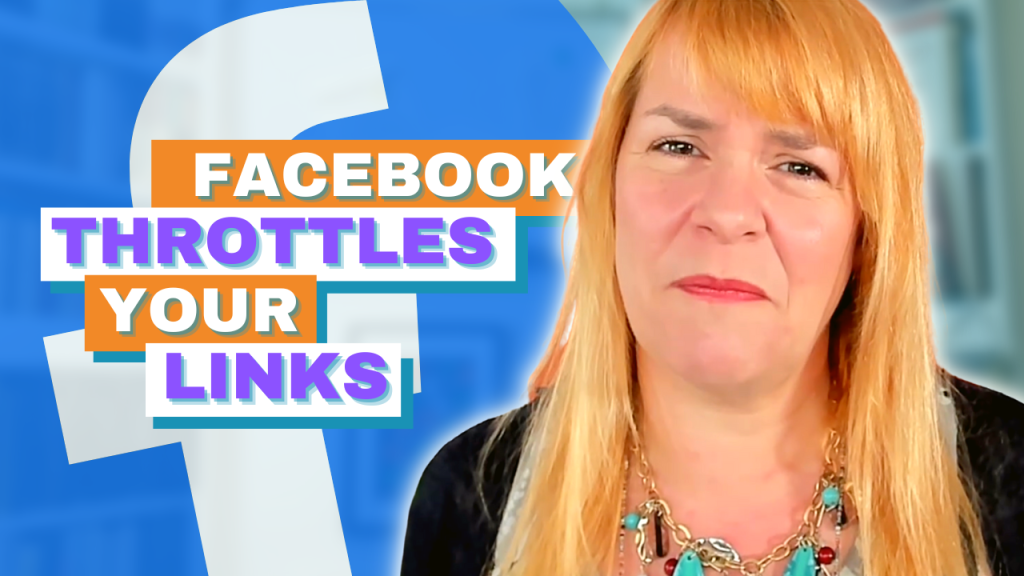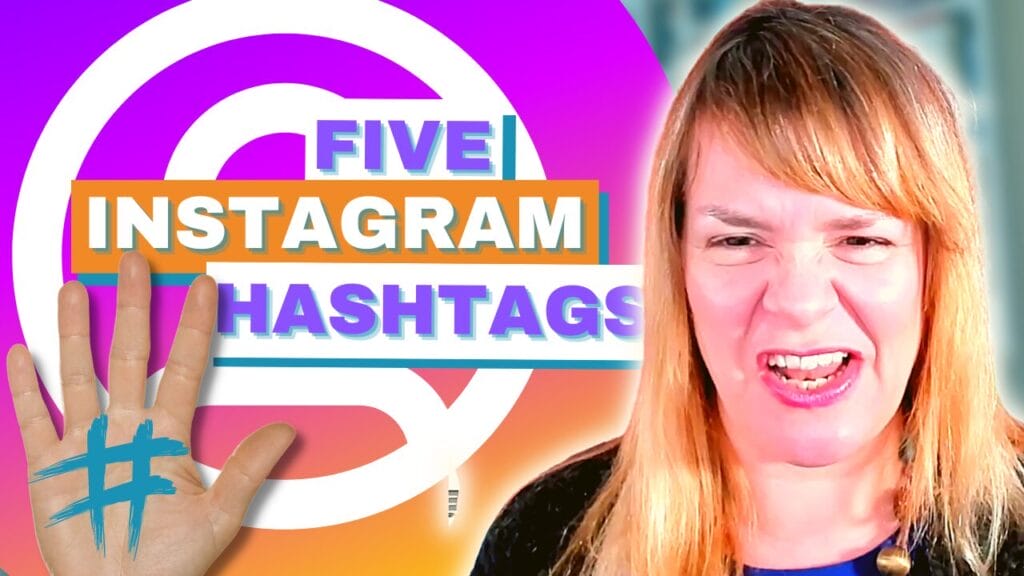
Back in 2007 when I started blogging I didn’t pay search engine optimisation (SEO) any attention. I just started writing and hoped that my online networks would help me gain readers.
Seven years on I have stopped ignoring it. Google is the biggest referrer to my website and from this traffic comes customers. There is no doubt that SEO for bloggers is crucial.
If you don’t think about SEO when blogging you are limiting your reach. You can strike it lucky with a post but the more effort you put in to appearing in search engine results the more traffic you will get.
In this guide to SEO for bloggers we will look at:
- Why you shouldn’t write for SEO
- How to find out what key terms people are using to find your site
- Basic keyword and keyphrase research
- Where to include key words
- Using the Yoast SEO plugin
- Writing longer posts
- Optimising images for SEO
- Use internal linking
Why you shouldn’t write for SEO
It’s obvious when you land on a blog post that has been written for SEO. The title may have promised a lot but the resulting article is a mess of words with keyphrases crowbarred in. The sentences don’t flow and the post seems to have no purpose except trying to game a search engine. We tend not to stay long on these posts.
You have to think about the SEO when you are blogging. You should research your key words and key phrases in advance but when you write you should just write. Concentrate on the flow of your post. Make sure it is making the points you need it to. When you finish go back and edit. See how you can add your key phrase to your opening paragraph and other areas of the post.
Action: Write your posts first then add keywords
How to find out what key terms people are using to find your site
Knowing how people are finding your site already will help you choose topics to write about that will attract more readers. For example I know a lot of people find my site when looking for information on Facebook competitions. The more I write on the topic the more people I attract to my site.
For me it would be a mistake to just write about Facebook competitions. I offer lots of services so need to cover a lot of bases. I do make sure that I write about competitions reasonably frequently.
You can no longer see what search terms people use to find you via Google Analytics. This data is still available in Google Webmaster tools. If you already have Google Analytics on your site (and I recommend you do) it is straight forward to set up Webmaster tools.
Here’s how:
- Sign in to your google account
- Visit the Google Webmaster tools page
- Sign in, type your website address into the box and click ‘Add a site’
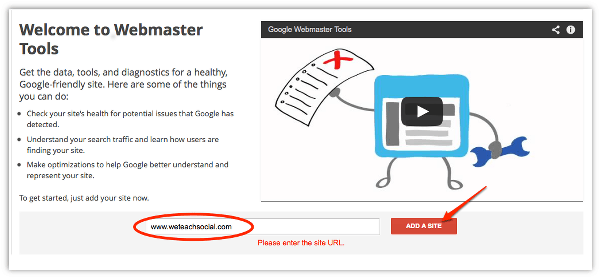
- Click the ‘Alternate methods’ tab
- Check the ‘Google analytics’ box and then ‘Verify’
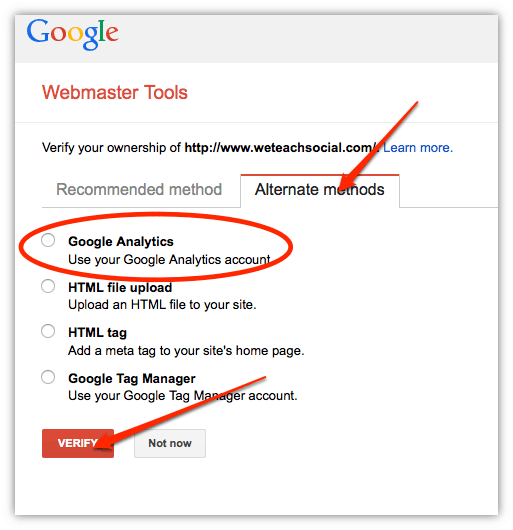
It can take a while for Webmaster tools to analyse your site.
To access the search terms people are using to find your site click ‘Search traffic’ and ‘Search queries’ on the left hand side.

Action: Check which search terms already work for you and create posts on similar topics
Basic keyword and key phrase research
There is no point optimising your blog post for a keyword or phrase that no one searches for. Google Keyword Planner can help you discover search terms and phrases that people are actually using in their searches.
Here’s a video that shows you how it works:
Action: Use keyword planner to brainstorm key phrases related to your topic.
Adding key words to your posts
Once you have identified your key words or phrases you need to incorporate them in to your post. You need to aim to include them in:
- Your headline
- Your opening paragraph
- Sprinkled throughout your content
- In your blog post URL
Using the Yoast SEO plugin
Yoast is an SEO plugin for WordPress. It helps you ensure that your keyword is included enough within your post. Once you have installed it an SEO box will appear underneath your blog composition box.
Input your desired keyword and complete information on your blog title and opening paragraph. Yoast will count mentions of your keyword in each section and assign you a red, amber or green light dependent on it’s frequency. This is a useful way to ensure you have enough mentions in the right places of your keyword.
The example below shows that I need to work on working my key phrase ‘SEO for bloggers’ into my opening paragraph and the body of my text.
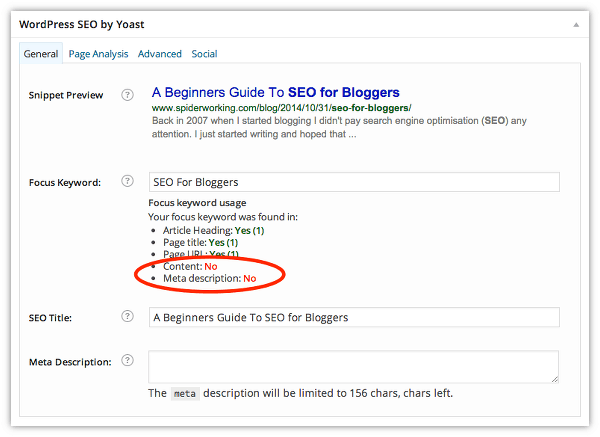
Action: Add the Yoast SEO for WordPress plugin to your blog
Writing longer posts
For search engine optimisation longer posts are better. According to Orbit Media 1,500 is the optimum length. This gives us more opportunity to prove our key phrase relevance to the search engines.
According to MOZ Longer blog posts are more likely to get linked to. The more inbound links you have to your site the better authority it has.
Writing longer posts takes time. Be careful not to waffle to fill the space. Try increasing the length of your posts over time.
Action: Write posts that are over 1,500 in length.
Naming images
When you upload an image to your blog there are a few ways you can optimise it for search engines:
1. Name your image
Before you upload your image name it something that describes what your post is about. Include your key word or key phrase as part of the title.
For example the image at the top of this blog post is called seo-for-bloggers.png.
2. Alt tag
This is the text that will appear if your image fails to load. Again this text should include your key word or key phrase.
Google will index your alt tags which should help your SEO. The image will also appear in Google image search for the key phrase you have included.

3. Image size
Avoid uploading images that are larger than you want them to display on your site. Large images will slow down the loading time of your page and this can effect your Google ranking.
Resize images before you upload them using a tool like PicMonkey (affiliate link).
Action: Re-size and re-name your image before you upload it. Use keyword rich alt text to accompany your image.
Use Internal linking
Linking to other content within your post that is relevant to your topic will help the web spiders crawl your content. The easier you make it for the crawlers to navigate your site the better indexed it will be.
You will see above that I have linked to a previous post on Google keyword planner. That link is showing the search engine spider a related post and guiding it through my site.
Action: Link to at least one previous and related post in each blog post you write.
Your Turn
Do you think about SEO when you are writing your blog?
Have you tried any of these techniques? Have they worked for you?
I’d love to hear your experiences. Leave your thoughts in the comment box.
Master Social Media one day at a time with the We Teach Social Kindle book I co-authored.

